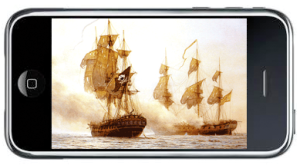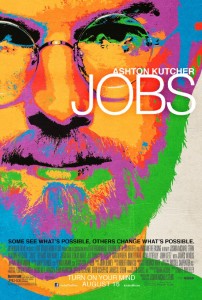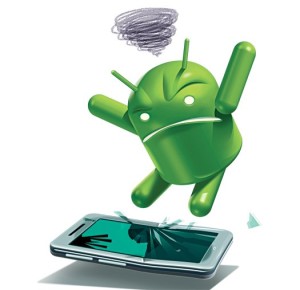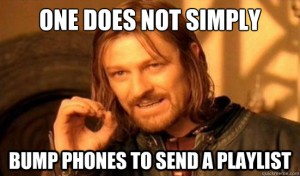
Apple Has Their Sights Directly on Microsoft
During Apple’s media event on September 10th in which they introduced the new iPhone 5C and iPhone 5S, Apple CEO Tim Cook also announced something that has not received a whole lot of media attention. However, this announcement while seemingly small, may actually have the biggest impact on the near-term future of the technology industry.
I’ve written before how Microsoft is in a tough situation in the mobile device market. They are a distant third-place to Apple’s iOS-based devices (iPhone, iPad, iPod Touch) and the variety of Google Android-based devices. However, unlike the now fourth-place BlackBerry, Microsoft has a strong cashflow due to their existing PC Windows operating system and PC Microsoft Office sales. They have time to try to mount a respectable mobile platform, while BlackBerry is for all intents and purposes dead. The problem for Microsoft is that these cash cows won’t last forever. The PC era is over and Microsoft needs to develop a strong position in the mobile device market sooner than later if they want to remain a significant player in the technology industry.
In an attempt to leverage their strength in the PC market to give them a springboard into the mobile device market, Microsoft has withheld Office from the iOS and Android platforms (even though a rumored iOS version of Office was ready in early 2012). Microsoft is betting that by only offering Microsoft-branded Office on Microsoft-based mobile devices this will lure droves of users away from the other platforms into the Microsoft fold. As I’ve written, this is basically betting the farm for Microsoft because they longer they withhold Office from other mobile platforms (specifically the iPad), the more likely users will realize life without Microsoft Office is just fine. Once users no longer have an attachment to Microsoft Office, the most viable cashflow stream for Microsoft dries up and the company itself will be in big trouble.
The announcement on September 10th that was mostly ignored is that Apple will give away their iWork suite of office productivity apps to all new iOS devices. If it isn’t already obvious to you, this is a significant challenge to Microsoft. First, Apple is basically saying to Microsoft, “screw you, we don’t need your Office on our platform”. Second, Apple is basically daring Microsoft to bring Office to iOS ASAP. Apple knows that if Microsoft brings Office to iOS at any point soon, it will basically kill Microsoft’s best chance of gaining a foothold with Windows in the mobile device market. But now that Apple is giving away the iWork suite on all new iOS devices, it puts the squeeze on Microsoft to have an offering on iOS devices before Apple’s office productivity software becomes the de-facto standard on the leading mobile platform.
Apple has just put Microsoft in-between a rock and a hard place. Apple is basically forcing Microsoft to make a tough decision: save Microsoft Office and possibly the entire company but sacrifice Windows – or continue to bet the entire company and possibly lose everything. But by giving away iWork for free, Apple may have already sealed Microsoft’s fate. It will be extremely difficult for Microsoft to compete with free when it comes to Office, even if they do bring it to iOS quickly. But that may be their only option and Apple seems to know it.






 Bill Gates did a recent interview on CNBC
Bill Gates did a recent interview on CNBC
 It continues to amaze me what a mess the Android platform is. Take two articles from last month:
It continues to amaze me what a mess the Android platform is. Take two articles from last month: 
